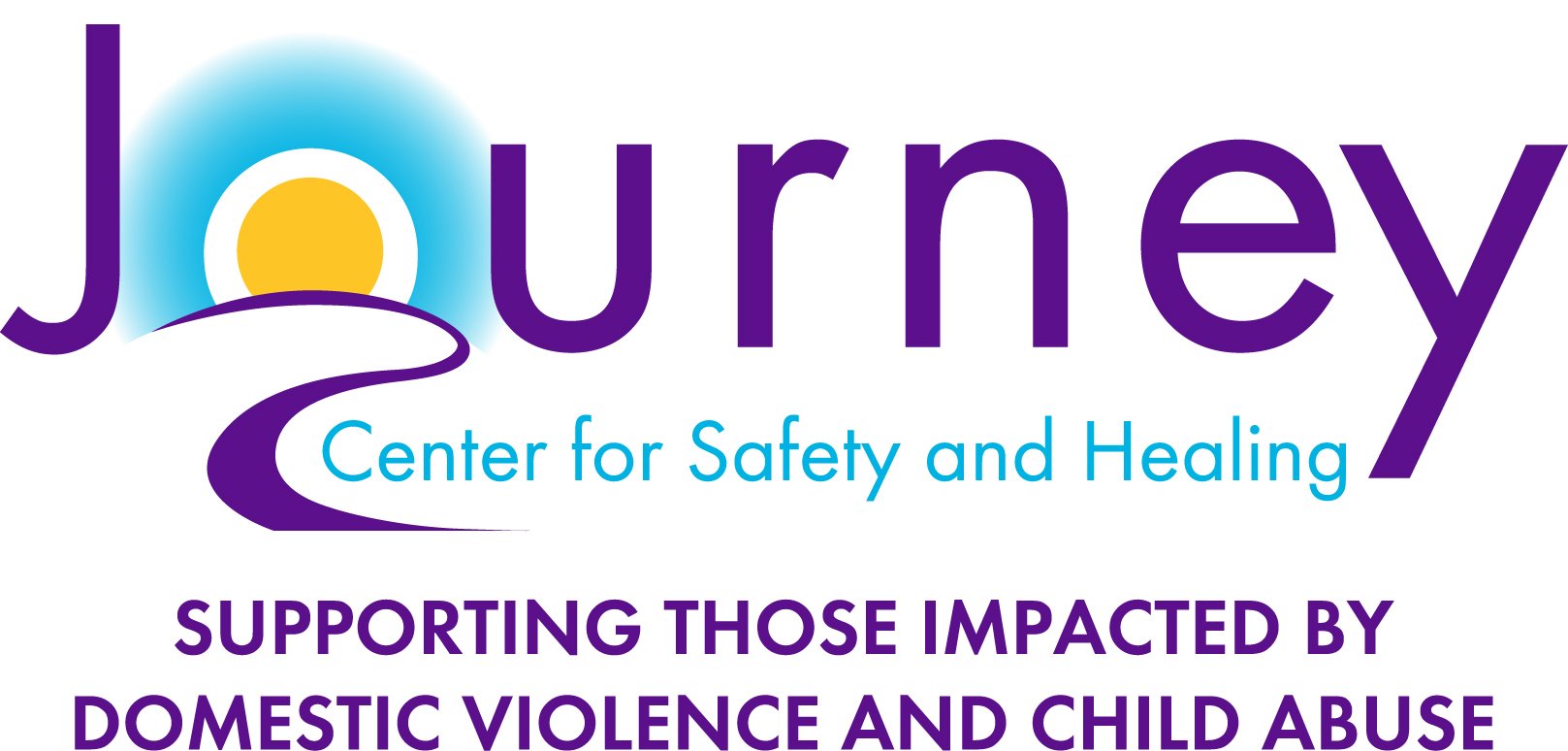Each February, Journey Center raises awareness about teen dating violence through Teen Dating Violence Awareness Month (TDVAM). This annual effort focuses on advocacy and education to stop dating abuse before it starts. This is an issue that impacts everyone, not just teens, but their parents, friends and communities as well. This year’s theme, “Love Like That,” amplifies the voices of teens and young adults by supporting and uplifting positive, healthy, and safe relationships and calls on all of us to create a world free of relationship abuse.
Read MoreEvery year, we set aside the month of January in support of the millions of people across the country who are survivors of stalking. National Stalking Awareness Month (NSAM) is an annual call to action to recognize and respond to the serious crime of stalking.
Stalking is a form of gender-based violence and frequently co-occurs within domestic violence. Stalking is defined as a pattern of behavior directed at a specific person that would cause a reasonable person to feel fear.
Read MoreCoping with trauma looks different for everyone. Learning healthy coping strategies will not only help you feel stronger mentally and emotionally, if you or someone you care about has experienced or been impacted by abuse, but they can also lessen your chances of experiencing abuse in the future.
Read MoreThe holiday season is approaching, and while many of us look forward to celebrating with family and friends, this time of year can present some unique challenges for individuals and families impacted by or experiencing domestic violence. It’s hard to be surrounded by joy when you’re healing from trauma.
Read MoreIt can be hard to know how to help a loved one who is experiencing domestic violence. You may be worried about saying the wrong thing, but it is important to know that it is OK to say something. When someone you know is experiencing domestic violence, the way you talk and listen to them makes all the difference.
Read MoreWhen we talk about domestic violence, we often talk about what domestic violence is; today, we’re talking about what domestic violence is NOT and challenging myths that many of us have heard or may have believed at one point. Today, we’re doing just that.
Read MoreWhen we talk about domestic violence, we often talk about what domestic violence is; today, we’re talking about what domestic violence is NOT and challenging myths that many of us have heard or may have believed at one point. Today, we’re doing just that.
Read MoreWhen most people think of domestic violence, they imagine a situation where the abusive partner causes physical injury to their intimate partner. However, physical harm is only one form of domestic violence. There are several categories of abusive behavior, each of which has its own consequences. Understanding the different types of domestic abuse can help victims understand their relationship and take steps to stay safe in the future.
Read MoreOne of the most effective ways of bringing about change when it comes to stopping domestic violence is to stand up and speak out against it. If you know or suspect that someone is experiencing domestic violence, you might feel unsure about the best way to help.
Read MoreIf you’ve recently left an abusive relationship, you’ve already taken one of the most important steps of the process — leaving. The abuse you experienced was not your fault, and there is never a reason for abuse. Everyone deserves to be treated with dignity and respect.
Learning how to heal and take care of yourself after an abusive relationship can help you navigate what comes next.
Read MoreIf you’ve recently left an abusive relationship, you’ve already taken one of the most important steps of the process — leaving. The abuse you experienced was not your fault, and there is never a reason for abuse. Everyone deserves to be treated with dignity and respect.
Learning how to heal and take care of yourself after an abusive relationship can help you navigate what comes next.
Read More2023 is here… it’s a new year filled with opportunity to take a stand against domestic violence and child abuse. 2023 is another year to create awareness and let those impacted by abuse know that they are not alone and let our community know that everyone deserves relationships build on love, respect, and safety.
Read MoreJourney Center believes that everyone deserves a safe, healthy relationship- if they want a relationship. We believe that everyone regardless of gender or gender expression, race, culture, and/or sexual orientation is worthy of a safe, healthy relationship. But, what does that mean? What exactly is a healthy relationship? And how do you know if your relationship is healthy or not?
Read MoreWhen you first meet someone and start a relationship being “swept of your feet” can feel fun and exciting; having your partner shower you with love, affection, and affirmation feels good. However, abuse and love bombing, is not fun and are signs that you may be in an unhealthy or abusive relationship.
Read More“Gaslighting” is a term that comes from the 1938 stage play Gas Light that was made into a popular movie in 1944, starring Ingrid Bergman and Charles Boyd; in the play and the film, the husband manipulates his adoring and trusting wife into believing she can no longer trust her own perceptions of reality… he “gaslights” her.
Read MoreThe World Health Organization defines self-care as: “the ability of individuals, families, and communities to promote health, prevent disease, maintain health, and to cope with illness and disability with or without the support of a healthcare provider.” According to this definition, self-care includes everything related to staying physically healthy — including hygiene, nutrition, and seeking medical care when needed. It’s all the steps an individual can take to manage stressors in their life and take care of their own health and well-being.
Read More
